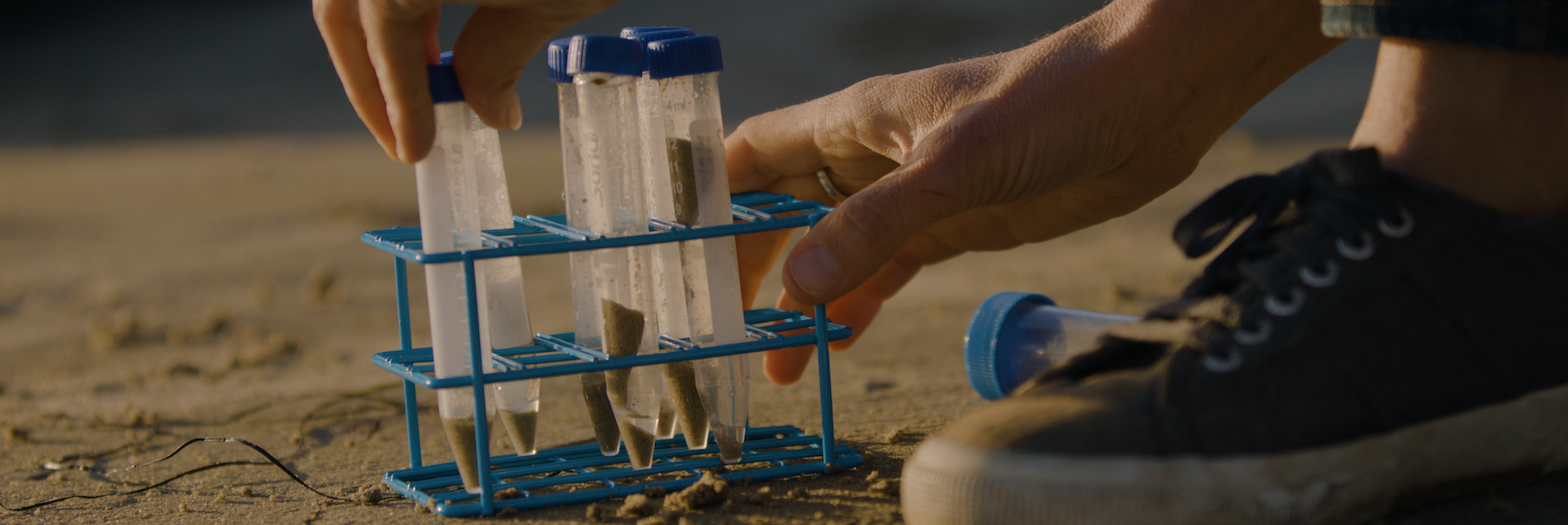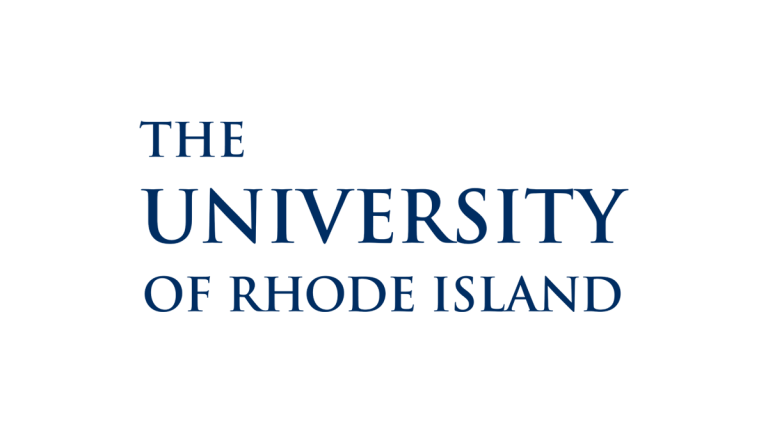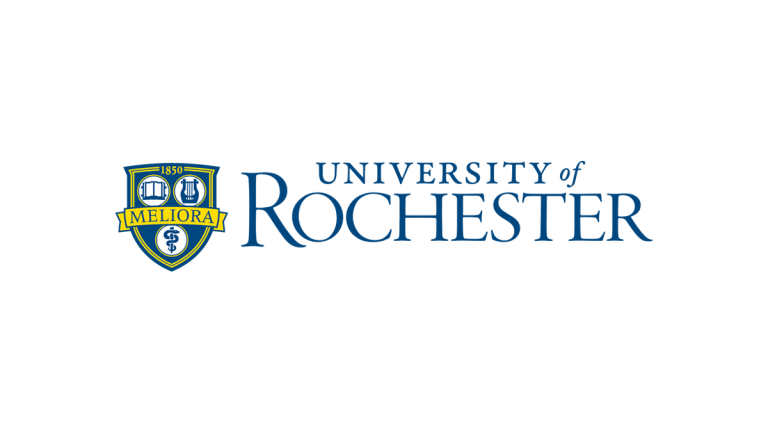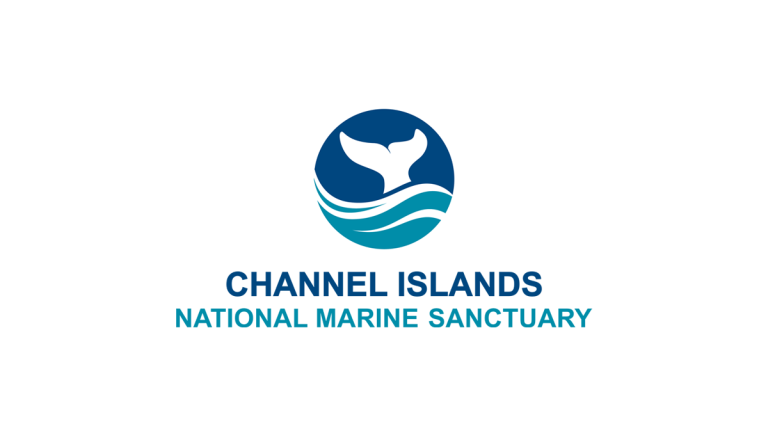Convergence research designing new materials for oceanography and beyond.
The Need
Plastic waste may soon outnumber fish in the ocean. At the same time, we are increasingly reliant on plastic materials in expendable ocean instruments to predict the weather, guide maritime shipping, and model our changing climate. These instruments are left to accumulate as waste long after their useful life. Most so-called “biodegradable” plastics do not actually degrade in the cold, dark ocean environment, limiting the options for scientists and instrument manufacturers that want to align their practices and their principles. The ocean-based Blue Economy requires innovative solutions for its material needs.
Our Team
Nereid Biomaterials is a team of material scientists, microbiologists, and oceanographers working across industry, academia, and government to develop biodegradable materials for the ocean. We are a tech transfer project in the R&D phase and currently supported by the National Science Foundation’s Convergence Accelerator program.
Our Technology
Our biomaterials are proven to be ocean-degradable, amenable to 3D printing and injection molding, and prototyped in ocean sensors, fishing traps, and more. Our material base is polyhydroxybutyrate (PHB), a compound naturally made by bacteria and plants that many marine bacteria can fully degrade to carbon dioxide and water, without the creation of microplastics or other harmful byproducts. In addition to formulations with a range of degradation rates and shelf lives, we are pioneering innovative “living materials” embedded with naturally-occurring PHB-degrading bacteria that can begin to degrade the material on contact with seawater. Our materials are suitable for a variety of ocean instrument and gear applications–and beyond.





